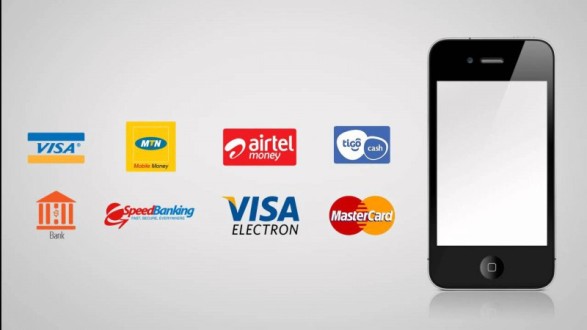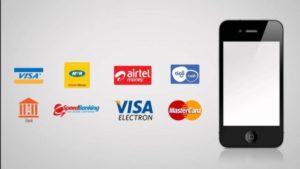Banks threatened by mobile money service – PwC survey

 At a time that calls for collaboration between banks and telcos in the provision of mobile money services intensify, it appears banks are rather concerned about the threat posed by mobile money services.
At a time that calls for collaboration between banks and telcos in the provision of mobile money services intensify, it appears banks are rather concerned about the threat posed by mobile money services.
For instance the August 2015 Telecom Subscriptions Report by the National Communications Authority (NCA), posits that mobile money made significant strides between 2012 and 2015.
According to the report, registered subscribers increased from 3.8 million to 13.1 million while registered agents also increased over tenfold from 8,660 to 79,747 within the three year period.
A recent survey by Pricewaterhouse Coopers [PwC] indicated that over 70 percent of CEOs and Heads of e-banking services in Ghana view mobile money as both a threat and at the same time an opportunity.
Also, about 56 percent of banks are of the view that mobile money presents threats to the traditional ways in which the industry operates, even if these threats do not measure up to the opportunity.
The report captioned, “How to win in an era of mobile money,” surveyed CEOs, CFOs, and Heads of E-banking of 25 out of a total of 30 banks.
The threats as viewed by the bankers were the relatively cheaper or no costs telcos charged on services such as of bills or services offered in restaurants and items purchased in certain shops.
Even though about 29 percent of the participants viewed mobile money as an opportunity which has generally enhanced the delivery of services such as domestic remittances and bill payments, 71 percent of the respondents view mobile money as both an opportunity and a threat to their operations.
The bankers also argued that the E-Money Issuer (EMI) Guidelines of the BoG have set the stage for a possible entry into the banking arena by telcos.
As a result, the bankers believe that the telcos will at that point become direct competitors to banks instead of partners and service providers to the industry.
Regulatory regime necessary
Commenting on the development, the Senior Vice President, Strategic Planning at Royal bank, Dr. Kwame Baah Nuako, told Citi Business News regulation is key to foster the collaboration between telcos and banks.
“My argument is that you cannot have one part of the banking space that is the universal bankers being regulated while another part that is the telcos also engaging in banking, not being regulated,” he opined.
For Buddy Broukou of the financial inclusion think tank, the Consultative Group to Assist the Poor [CGAP], Ghana is less likely to see the mobile money take over traditional banking.
“I would say no because the two services are operating independently…if you take the case of Ghana where there is high banking penetration and relatively low mobile money penetration, that has been more a function of regulatory environment,” she remarked.
Meanwhile the banks believe three key things, regulation, technology and partnerships together with other conditions will propel them to win in the era of mobile money.
Mobile money quick facts
Between 2012 and 2015, the number of transactions increased substantially from 18 million to 266 million while the value of transactions equally went up from GH¢594 million to GH¢35 billion.
Also, by the end of 2015, the mobile money balance on float stood at GH¢548 million.
The Bank of Ghana’s Payment and Settlement Department however reports that the figure increased by about 24 percent as at the end of June this year.
According to the central bank, the mobile money balance on float increased from the GH¢548 million to GH¢679 million.




